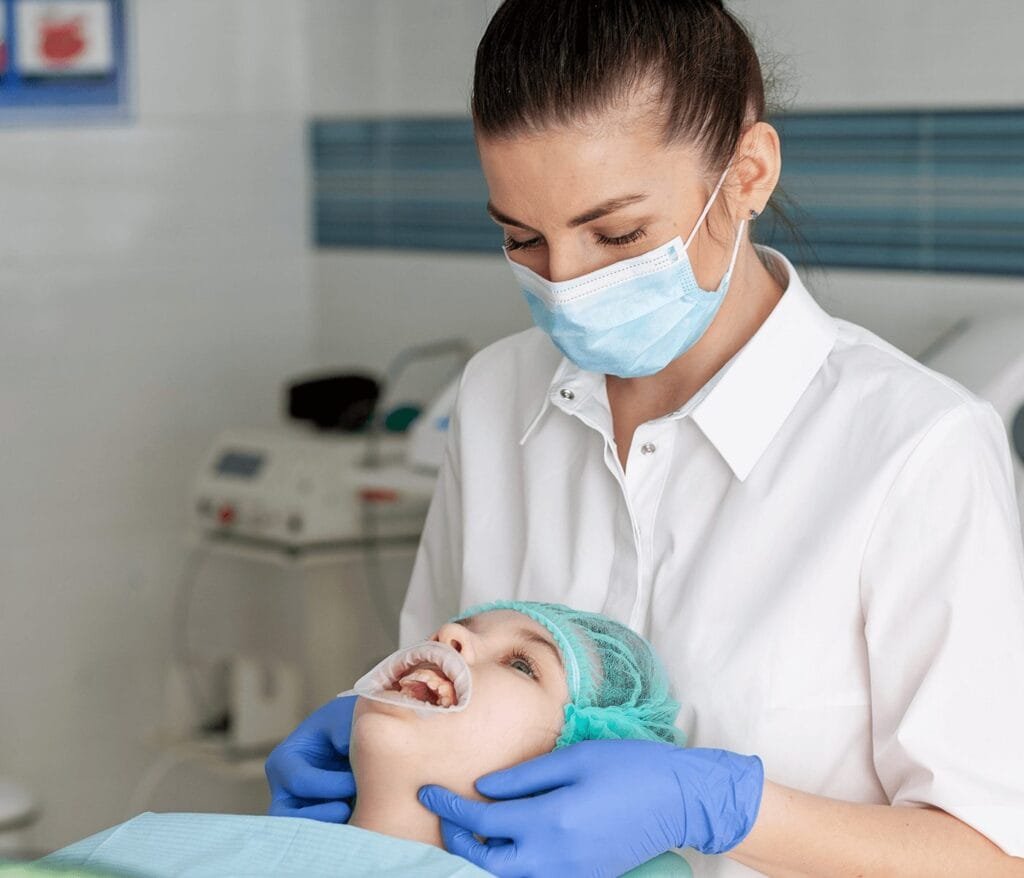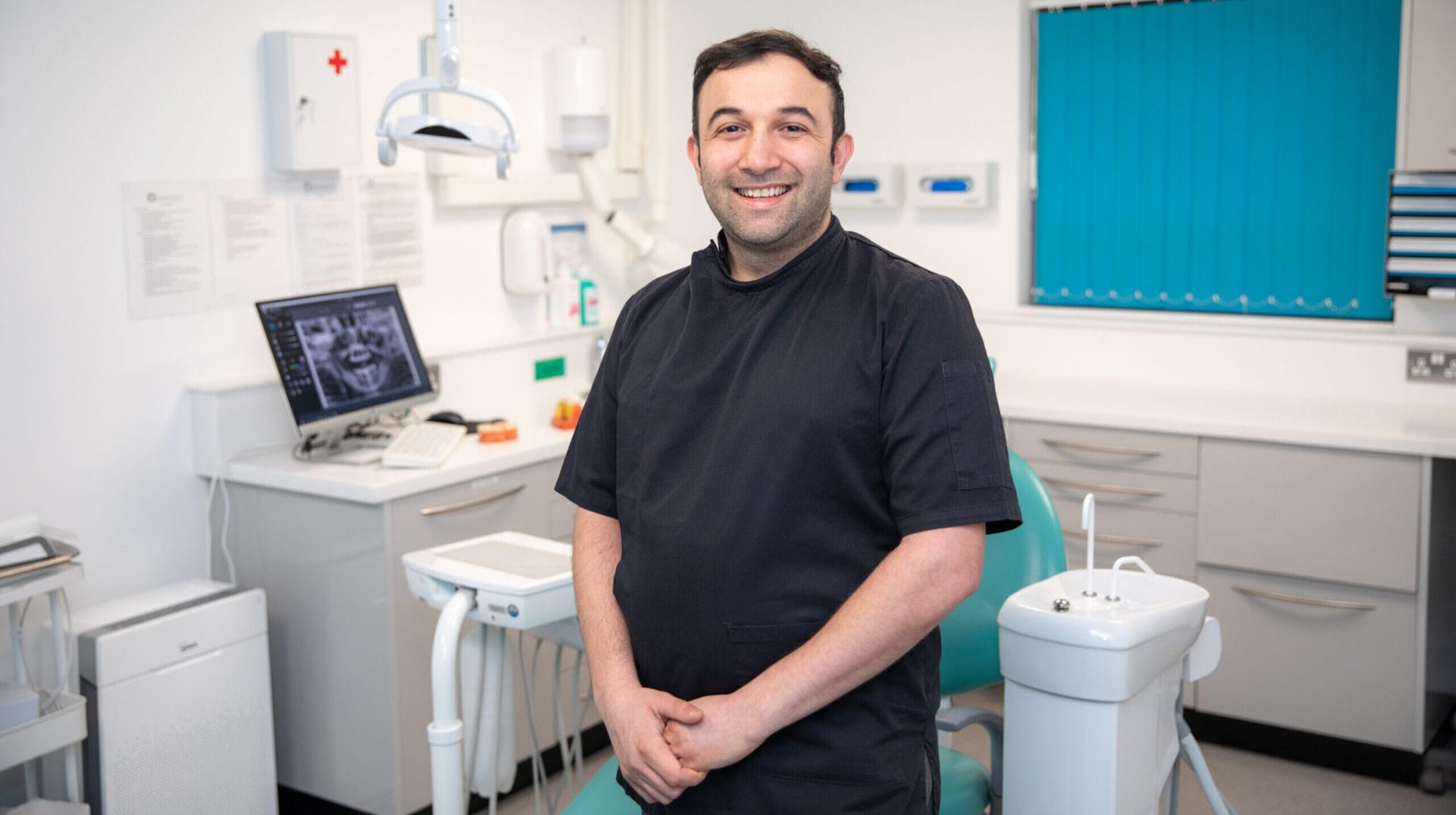
If you’re dealing with swelling in the area under your lower jaw, you might have a common but uncomfortable issue affecting your submandibular glands.
Understanding what causes this condition can help you find the right treatment and relief. Let’s explore what leads to this type of swelling, how it affects your oral health, and what treatment options are available.
Salivary Gland Swelling: Causes and Symptoms
A salivary gland stone is one of the main reasons for submandibular gland swelling. These stones can block the salivary ducts, which are important pathways that help the flow of saliva from your glands into your mouth.
When these ducts are blocked, it can lead to swelling and discomfort in your salivary glands. The stones are typically made up of minerals from the saliva and are more likely to form if you have a dry mouth or are not drinking enough water.
Salivary gland infections are another major culprit. These can be either bacterial or viral and often occur when the mouth doesn’t produce enough saliva, which normally helps clean the mouth and prevent the growth of harmful organisms. Infections can cause severe pain, a bad taste in the mouth, and even a sudden swelling of the gland.
A much less common cause of salivary gland swelling is tumours. Whether the tumour is cancerous or noncancerous, your salivary glands could be firmer than if the swelling was caused by an infection. If it’s cancerous, it may feel hard and fixed in place, while a noncancerous tumour will usually be moveable.
Types of Salivary Glands Affected
While the submandibular glands, located right under your jaw, are usually most affected, other major salivary glands can also present the same symptoms. The parotid glands (in front of your ears) and sublingual glands (under the tongue) each play a big role in your mouth’s ecosystem by producing saliva that helps digestion and keeps your mouth moist.
Preventive Measures and Treatment Options
Good oral hygiene is an essential part of preventing salivary gland infections and swelling. Regular brushing, using fluoride toothpaste, and flossing can keep your mouth clean and free from food particles that might clog salivary ducts. In terms of treatment, warm compresses can help reduce the pain and swelling.
Treatments for salivary stones might involve manually removing them or even surgery if they are particularly large or deeply lodged. Depending on the cause, infections may need antibiotics for bacterial infections or other medications for viral infections.
In any case, drinking plenty of water to maintain a good saliva flow can help prevent future issues. If you’re experiencing persistent symptoms or pain, speak to a healthcare provider who can give you a proper diagnosis and help you find the most effective treatment.
Protect Your Oral Health With Aesthetique
Ignoring symptoms like swelling, pain, or a persistent bad taste in your mouth can lead to more serious health issues if left unchecked. Submandibular gland swelling could be more than an inconvenience; it can be a sign of underlying salivary gland disorders that need quick attention.
Our dentists have years of experience in helping people protect their oral health and can help you manage issues like salivary stones, infections, and more. We’re here to provide the care you need to ensure your mouth remains healthy and functional – that’s why we’re the go-to private dentist in Leeds.
Don’t put your oral health on the back seat – book your consultation today.













